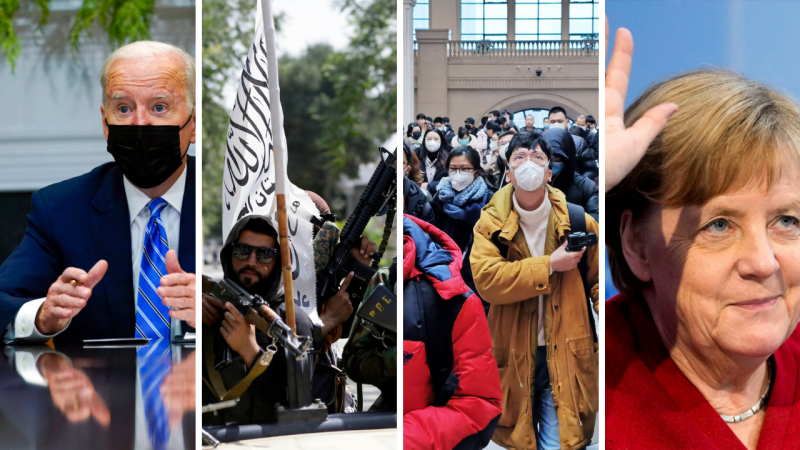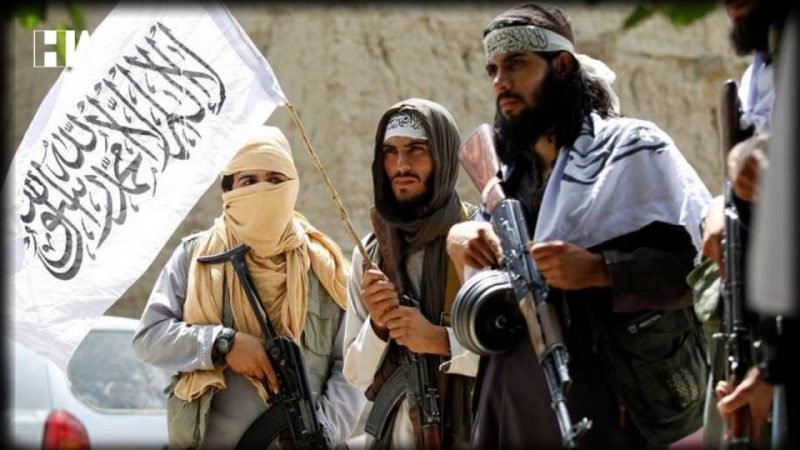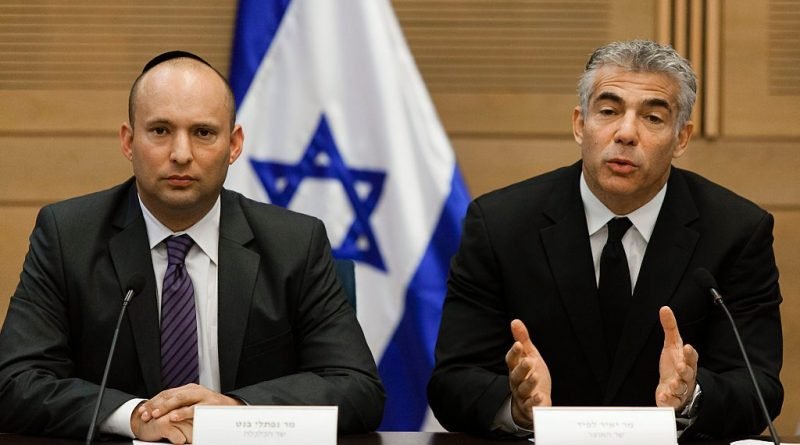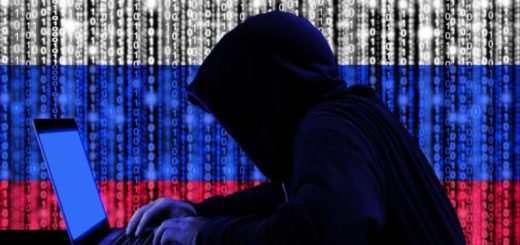The last days

The year 2021 is in its last days, as the world moves away from 2021 and begin to absorb the realities of tomorrow, there is a need to take a pause and look back on the year that passed. 2021 was a consequential year in ways more than one. Emerging from the shadows of a full-blown pandemic, the year began with lesser infections and a wave of optimism. This optimism soon fettered as the world got engaged in the second wave of the coronavirus pandemic caused largely by the delta variant of the novel coronavirus (a mutation attributed to the Indian subcontinent). The pandemic as of today also is far from over as the new variant called omicron is wreaking havoc around the world, with more cases and more transmissibility.
This was the year typically troubling for the global hegemon-The US. With the former President Trump’s avowed refusal to relent and accept that he lost the election in2020, a mob was egged on by him which led to the assault on the US capitol on January 6th. The new President Joe Biden’s oath amidst the glass barricades on January 21st symbolized the trepidation and fear surrounding the idea of transfer of power which was until this a norm in The US. The new President also ended the 20-year long stint in Afghanistan pulling troops back. This eventually led to the establishment of the Islamic Emirate of Afghanistan led by the Taliban, an organization ousted by The US back in 2001 after the 9/11 attacks on Twin Tower. The US is also in the midst of talks with the Persian Republic on the issue of reinstatement of JCPOA (Iran deal) and grappling with a new surge in cases caused in large due to vaccine hesitancy in the masses. The possible Russian invasion of Ukraine has also caused consternation in Washington about the future of European security and utility of NATO.
China-the revanchist power also had a chequered year. With the coronavirus pandemic still raging on, Chinese soft power continues to take a hit as the virus originated in the people’s republic. China is also accused of hiding the whereabouts of the pandemic and the ides of origination of virus in the lab at Wuhan still has many takers. Besides, the year saw the Chinese vaccine Sinovac getting repudiated by the south-east Asian nations as it was unable to tackle the mounting cases unable to provide effective resistance to the virus. The Taliban rule in Afghanistan certainly did open a new paradigm for Beijing to emerge as a power in the region but Taliban’s nonchalant reaction to the Uyghur rebel outfits operation from Afghanistan has earned chagrin of Beijing. To top this, the awareness in the United States about Beijing being the major competitor had as of now earned the diplomatic boycott of 2022 Beijing Olympics by the west en-masse. The relations with India, its southern neighbor refuses to pick up once it had hit a point after border skirmishes. Beijing’s willingness to replace the US as the global hegemon will certainly need more efforts on its part and future appears hazy.

The continent of Europe also underwent significant changes. The United kingdom’s exit from the European Union and the rise of right in many nations caused an alarm in the continent. With more engaging America and revamping of G7 and NATO, the region found a new voice in the global comity. The adopted Cornwall consensus at G7 accepted the fallacies of globalization in the current form and pledged to take steps in that direction. More significantly, the abdication of chancellorship by Angela Merkel after being at the helm for almost two decades also is a strategic shock for the continent giving rise to speculation about shift of center of Europe from Berlin to Paris. The European efforts to address Afghanistan, Iran and off late Russia in Ukraine exemplifies the functionalist yet semi powerful nature of the union.
India began this year on the high note of joining the United Nations Security Council after a decade as a non-permanent member. With significant economic clout, India effectively pushed for bigger role for developing countries in the council. However, it took a hit soon when the second wave hit in month of March-April leading to massive casualties, the diplomatic capital created post-vaccine Maitri was suddenly squandered when it has to unilaterally stop vaccine export to cater to the domestic populations. Its muted response to coup in Myanmar deposing Aung San Suu Kyi earned deft criticism across the globe. The farm protests saw many takers worldwide, the government stern response aided many in the west to proclaim India as a flawed democracy damaging India’s soft power. However, the recent resumption of vaccine export under GAVI, government taking back farm laws and the energetic response for QUAD has enlightened an otherwise dim path.

The middle east also saw some churning this year, the Abraham accord saw revamped engagement between the Arab world and Israel. The Israel Palestine conflict however bought the region on the precipice of chaos. The de-escalation and election of Naftali Bennett proved some respite. Iranians also elected new president, Ebrahim Raisi who for many was necessary to put a strong face against the bullish US.
The continent of Africa continued to be the hotbed of conflict and inequality. With vaccine unavailability coupled with lack of awareness, the African continent continues to be one of the least vaccinated place in the world. The south African Variant-Omicron is in large part a product of this.
Thence, it was a mixed bag for the world. To optimists, world survived another year in the pandemic for pessimists, the world isn’t still conflict-free and is the same as it was before. The world is indeed the same as before, the power structures, the hegemon, everything. On the contrary, its different in many ways too, the engagements in the middle east, vaccine spread across borders, the new Islamic emirate are few of the many changes that had happened. Everything depends on the prism you view things from or as Dickens would say, ‘it was the best of times, it was the worst of times’. It comes down to who sees it and from where.


















